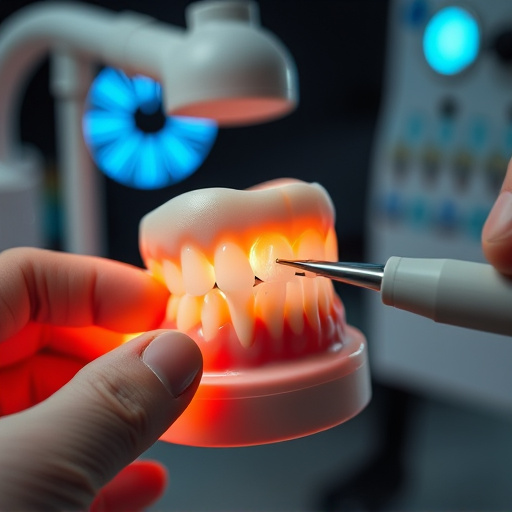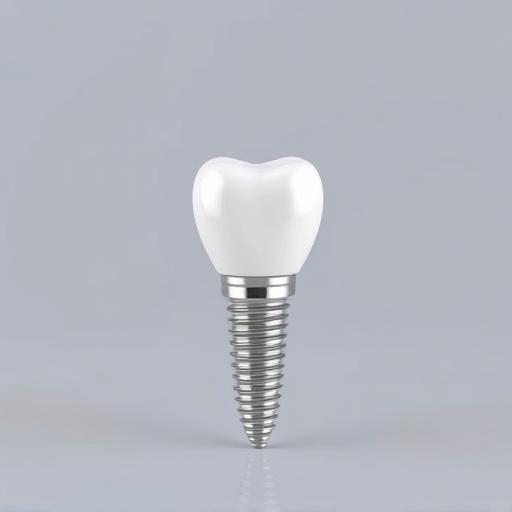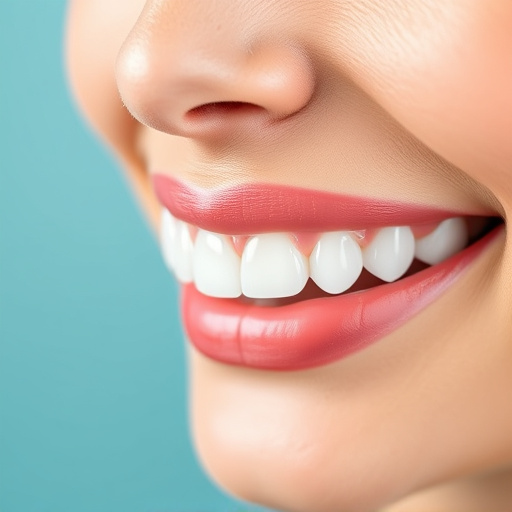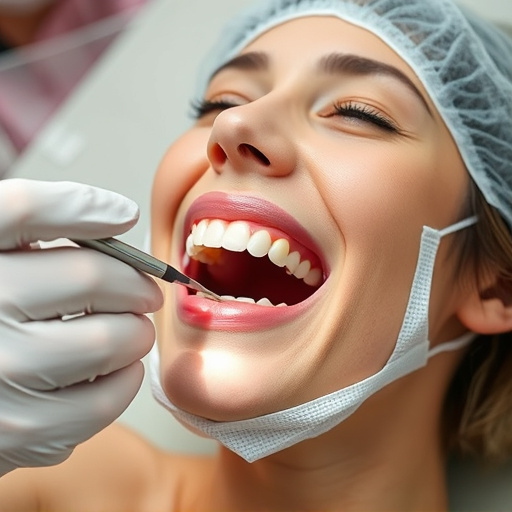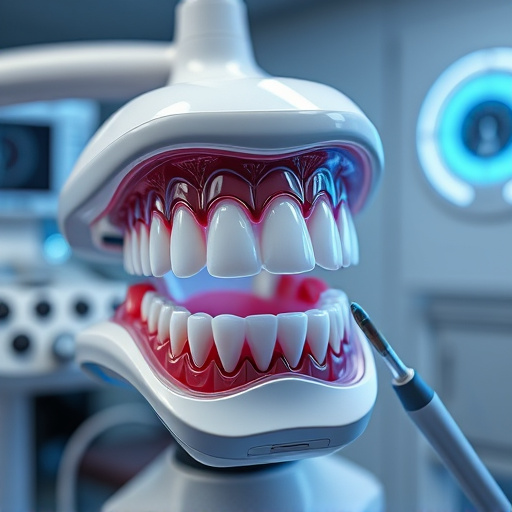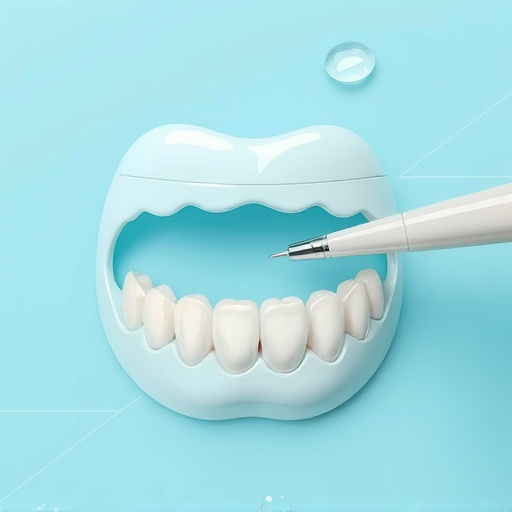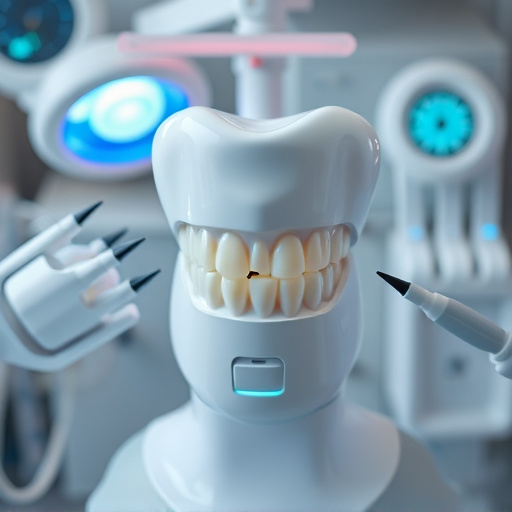A comprehensive preventive dentistry program, focusing on routine exams, professional cleaning, education, and informed decision-making, is key to long-term oral health. This proactive approach reduces the need for extensive procedures, boosts wellness, confidence, and overall health, ensuring patients maintain healthy smiles throughout their lives.
A preventive dentistry program is a cornerstone of long-term oral health, focusing on proactive care to mitigate dental issues before they arise. This article delves into the fundamental aspects of oral health, exploring key components that constitute an effective preventive program. We discuss the significant benefits and lasting impact on patients, underscoring why such initiatives are vital in maintaining a healthy smile for years to come.
- Understanding the Foundation of Oral Health
- Key Components of an Effective Program
- Benefits and Long-Term Impact on Patients
Understanding the Foundation of Oral Health
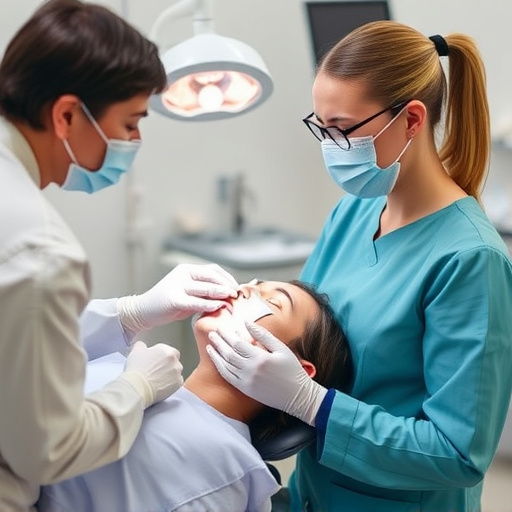
Oral health is a cornerstone of overall well-being, and understanding its foundational aspects is key to implementing effective preventive dentistry programs. The mouth serves as a gateway to the body, and maintaining its hygiene and integrity can significantly impact systemic health. Basic oral care begins with proper brushing and flossing techniques, which remove plaque buildup and prevent tooth decay. Regular dental check-ups play a vital role in early detection of dental issues, allowing for timely interventions such as dental bonding or wisdom tooth removal.
A comprehensive dental care approach involves addressing not just the teeth but also the gums and jawbone. Preventive programs focus on education, regular cleanings, and screenings to identify potential problems. By promoting healthy habits and providing tailored solutions, these programs empower individuals to take charge of their oral health. This proactive strategy ensures that minor issues don’t escalate into more complex procedures, ultimately saving time, money, and discomfort in the long term.
Key Components of an Effective Program
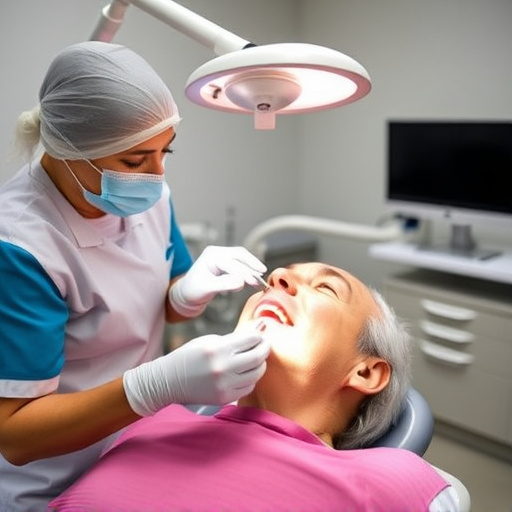
A comprehensive preventive dentistry program is the cornerstone of maintaining long-term oral health. Key components include regular visits for routine oral exams, where dental professionals can detect and address issues early on. These visits should incorporate professional cleaning to remove plaque buildup, which is a primary cause of gum disease and tooth decay. Education is another vital aspect; teaching patients about proper brushing, flossing, and diet choices empowers them to make informed decisions for their oral care.
In addition to these practices, a well-rounded program may include discussions on dental treatments like fillings, crowns, and in more severe cases, tooth extractions or dental implants. Preventive measures not only save time and money in the long run but also ensure patients can enjoy comfortable, healthy smiles for years to come.
Benefits and Long-Term Impact on Patients
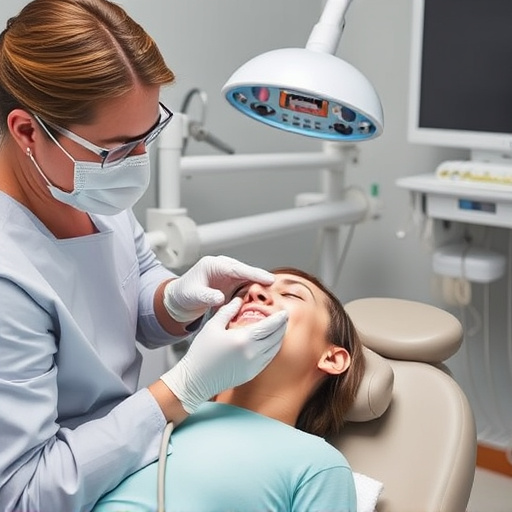
A well-structured preventive dentistry program offers a multitude of benefits for patients, serving as a cornerstone for maintaining optimal oral health over time. By focusing on regular checkups, professional cleanings, and educational resources, such programs empower individuals to take an active role in their dental care. This proactive approach significantly reduces the need for extensive procedures like tooth extractions, often associated with preventable issues like tooth decay and gum disease.
The long-term impact extends beyond saving patients from costly and invasive treatments like dental fillings or more severe restorative work. Preventive dentistry fosters a sense of wellness, boosts self-confidence, and contributes to improved overall health. By catching potential problems early, these programs ensure that patients can enjoy a lifetime of healthy smiles, free from the discomfort, embarrassment, and systemic health risks linked to poor oral hygiene.
A well-designed preventive dentistry program serves as a cornerstone for maintaining long-term oral health. By focusing on education, regular checkups, and key components like fluoride applications and dental cleanings, these programs empower patients to take proactive measures against common dental issues. The resulting benefits include reduced tooth decay, gum disease prevention, and improved overall oral health, ensuring a bright and healthy smile for years to come.








